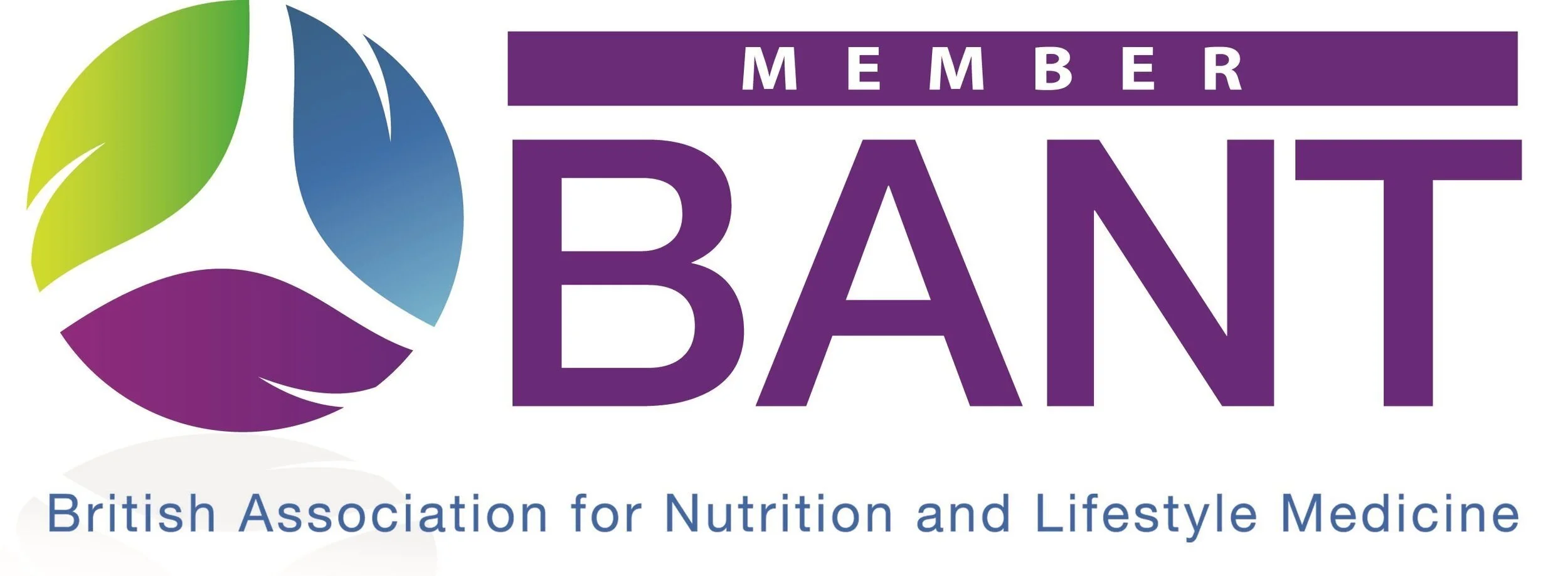Emily Hohler
Registered Nutritional Therapist mBANT, CNHC, dipION (Distinction), BA (Hons) Oxon
What is Nutritional Therapy?
Nutritional Therapy is an evidence-based field of healthcare that considers the body as an interconnected whole rather than as a series of discrete systems. Using the functional medicine model, practitioners explore the genetic, environmental and lifestyle factors that may be contributing to health issues and work with clients to come up with a highly individualised programme to support their health.
Nutritional Therapy is not just for those who feel unwell. Almost all of us are able to make changes that will optimise our health and make us feel better than we do already. It is easy to feel anxious, tired, moody or generally run-down and simply ascribe it to getting older or having a busy lifestyle. This is not optimal health; this is coping.
Wouldn’t it be wonderful if ‘normal’ meant feeling great, most of the time?
Conditions Nutritional Therapy can help with
Digestive issues, insomnia, hormone imbalances, fatigue, auto-immune disease, diabetes, weight management, headaches, fertility, immunity, skin issues from eczema to acne and much more.
““I was quite taken by surprise at how significant the changes have been, all thanks to your wisdom and guidance. I’ve seen improvements in all areas. Incredible.”
“Emily has the knowledge, sensitivity and patience to design for her clients a personal journey of healing and self-discovery. I have benefited greatly from learning about the interconnectedness of our bodies, and why we need to understand the full, rolling picture of our physical and mental health, and not just a snapshot in time. ”
My philosophy
Food is one of life’s greatest pleasures and my goal is for clients to support their health in a pleasurable rather than masochistic fashion. While dietary restrictions are sometimes unavoidable, ultimately we should all be aiming to eat a nutrient-rich and varied diet.
We are constantly bombarded with information about what and what not to eat, and the confusion can be overlaid with fear and even guilt, as we learn about soil depletion, the cruelty of industrial farming or environmental pollution. The subject of how we feed ourselves has never been so fraught. Time for a deep breath, and a sense of perspective. We can do much for our health, and that of our planet, by making some simple changes. We are also lucky to live in Britain where high quality, locally-produced and organically-grown food is readily available.
I strongly believe that good health and vitality are not just about nutrition. To thrive, we need (clean) air, plenty of sunlight, exercise and sleep. Less obviously, but just as importantly, we need strong social connections. Loneliness is increasingly recognised as a health hazard. We also need to exercise restraint – increasingly hard in a world of myriad temptations – and we need to trust. We can be our own worst enemies. If we think we will always feel ill, anxious, sad, stressed we are setting ourselves up to fail.


